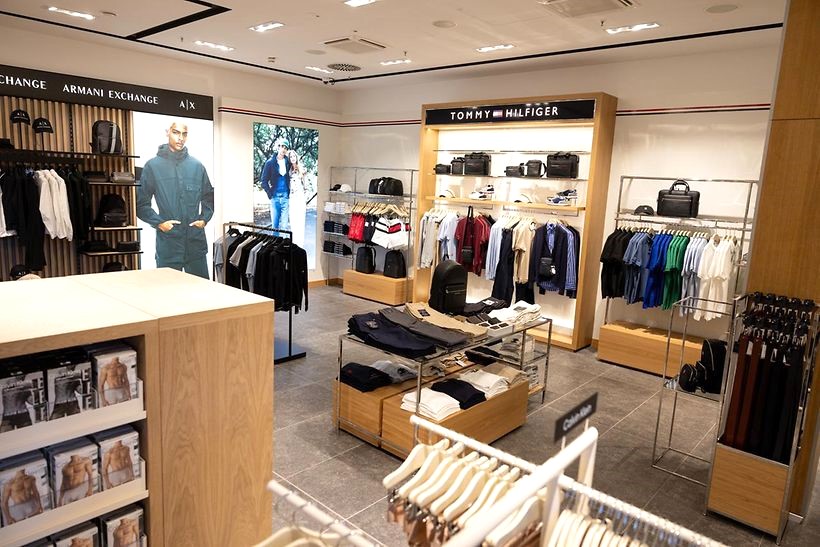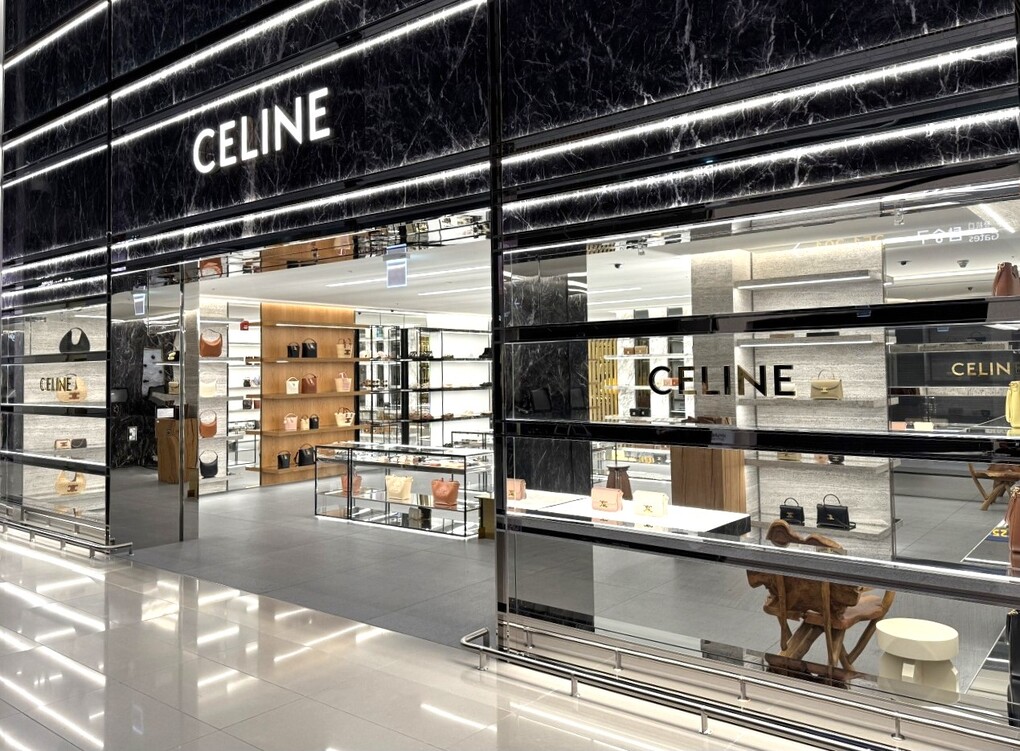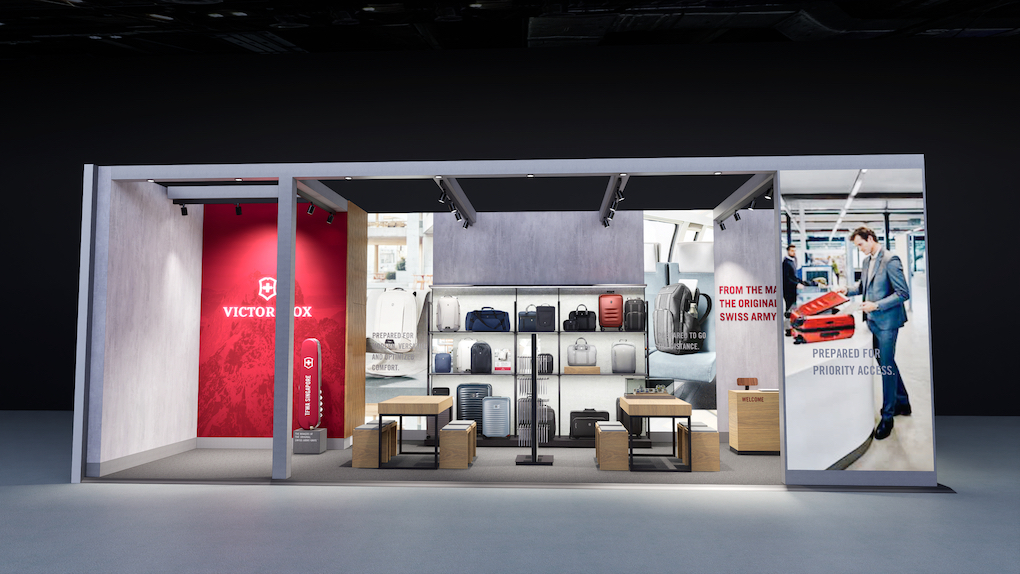Luxury giant Kering has revealed a profoundly ambitious roadmap with the aim of reaching a net positive impact on biodiversity by 2025.
The strategy highlights the company’s long-term commitment to sustainability and embraces three overarching goals. Firstly, Kering commits to have a net positive biodiversity impact by regenerating six-times the total land area of its entire supply chain.
Secondly, the luxury group will convert 1 million hectares of farmland to regenerative agriculture by 2025. Lastly, Kering will protect an additional 1 million hectares of critically endangered habitats through biodiversity protection, carbon sequestration and local livelihood programmes.
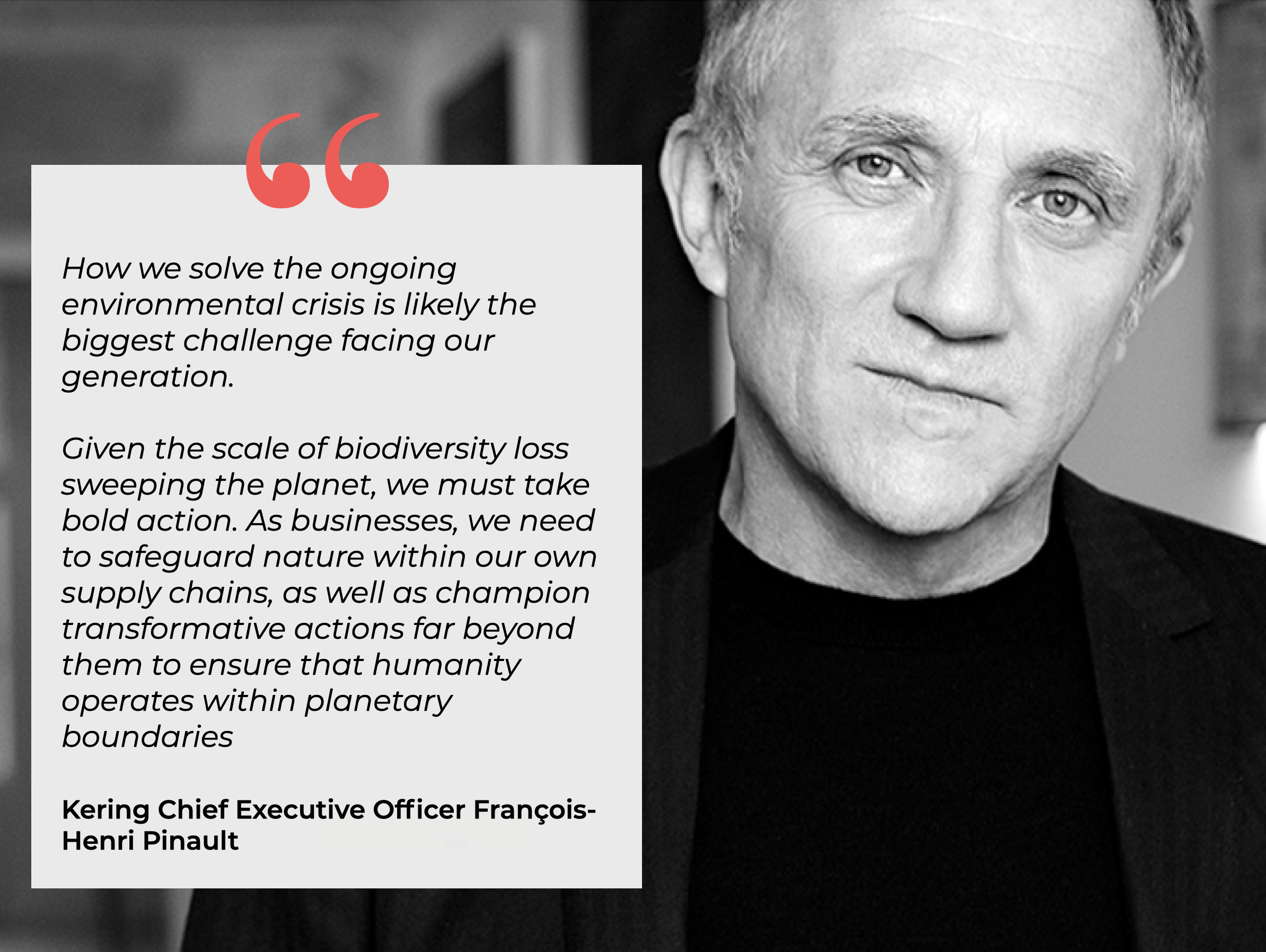
To achieve these goals, Kering has taken the Science Based Targets (SBT) approach, which encourages companies to go beyond their supply chain and inspire system-level change through transformational ideas.
“How we solve the ongoing environmental crisis is likely the biggest challenge facing our generation,” said Kering Chief Executive Officer François-Henri Pinault. “Given the scale of biodiversity loss sweeping the planet, we must take bold action. As businesses, we need to safeguard nature within our own supply chains, as well as champion transformative actions far beyond them to ensure that humanity operates within planetary boundaries.
Pinault added, “At Kering, our houses’ products begin their lives in farms, fields, forests and other ecosystems around the world. The careful stewardship of these landscapes is fundamental to our continued success, and also linked to our responsibility on a broader global scale. With Kering’s biodiversity strategy, we are proud to put forth concrete targets to play our part in bending the curve on biodiversity loss and helping to chart a course for our industry.”
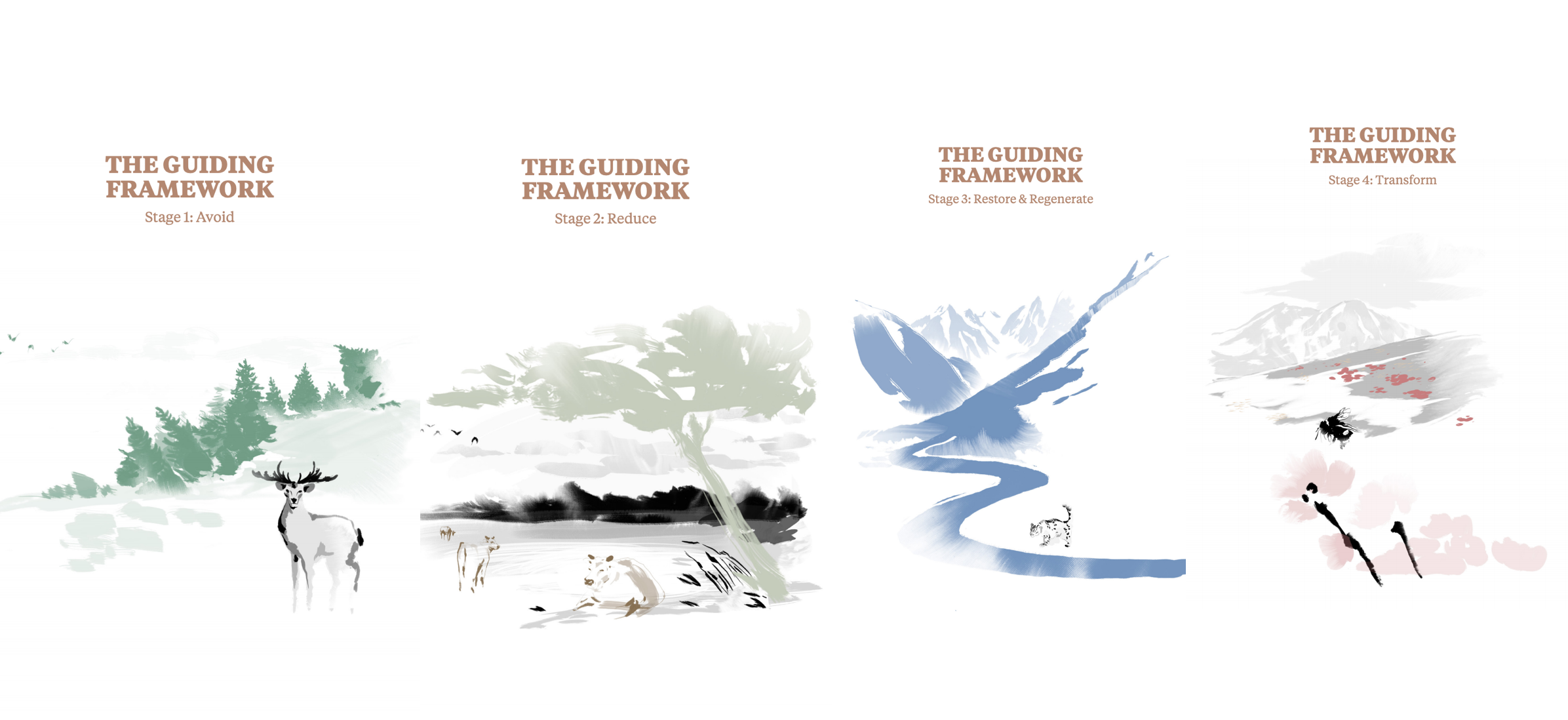
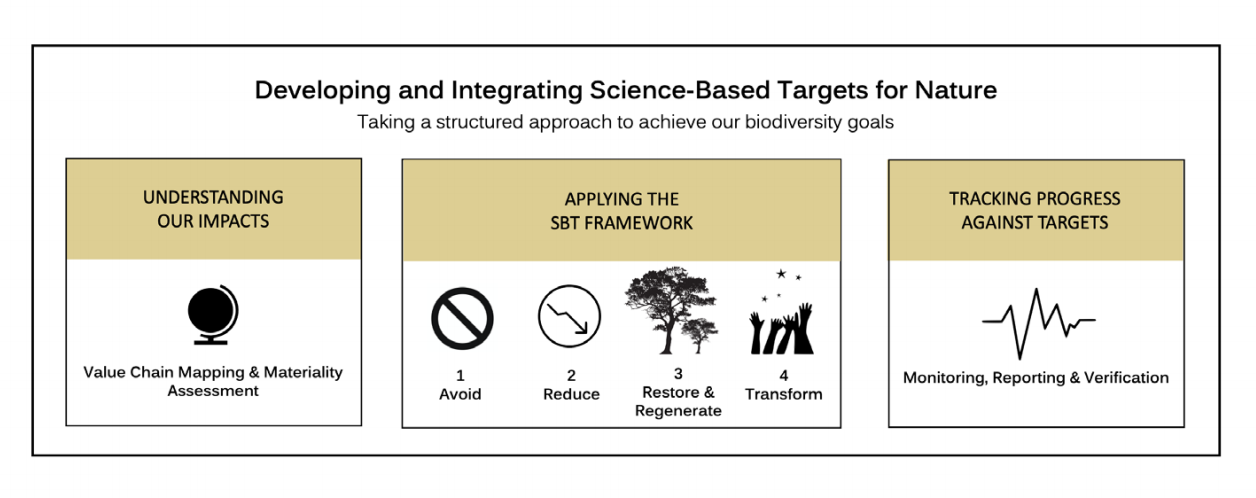
The company has teamed up with Conservation International to create the ‘Kering for Nature Fund,’ which supports regenerative agriculture initiatives around the world. The fund aims to convert 1 million hectares of land to regenerative agriculture practices, with a focus on high-impact raw materials such as leather, cotton, cashmere and wool.
Kering is also supporting the further development of Science-Based Targets for biodiversity, funding regenerative projects in Mongolia in connection to its cashmere supply chain and promoting the regenerative production of raw leather and fibre materials in partnership with the Savory Institute.
The company is also collaborating with The Fashion Pact to prevent biodiversity degradation at an industry level and working with the Cambridge Institute for Sustainability Leadership to explore how fashion companies can transform their biodiversity strategies.

In addition, Kering is backing key biodiversity organisations such as The Intergovernmental Platform on Biodiversity and Ecosystem Services (IPBES) and global media platform Supporting The Explorers. It is also promoting cross-category biodiversity projects through the ‘One Planet Business for Biodiversity’ programme.
“Thriving biodiversity is intrinsically linked to the long-term viability of our industry, and society more broadly,” commented Kering Chief Sustainability Officer and Head of Institutional Affairs Marie-Claire Daveu. “Integrating a dedicated biodiversity strategy — which is now part of our wider sustainability strategy — into Kering’s day-to-day operations is pivotal for our contribution to bending the curve on biodiversity loss over the next years.
“Business has a serious role to play in shifting towards a ‘nature-positive’ economy and ahead of the establishment of the Global Goals for biodiversity in 2021, it is important that Kering’s strategy aligns with the scientific community so that we are already on the right path and taking the actions that are urgently needed.”








